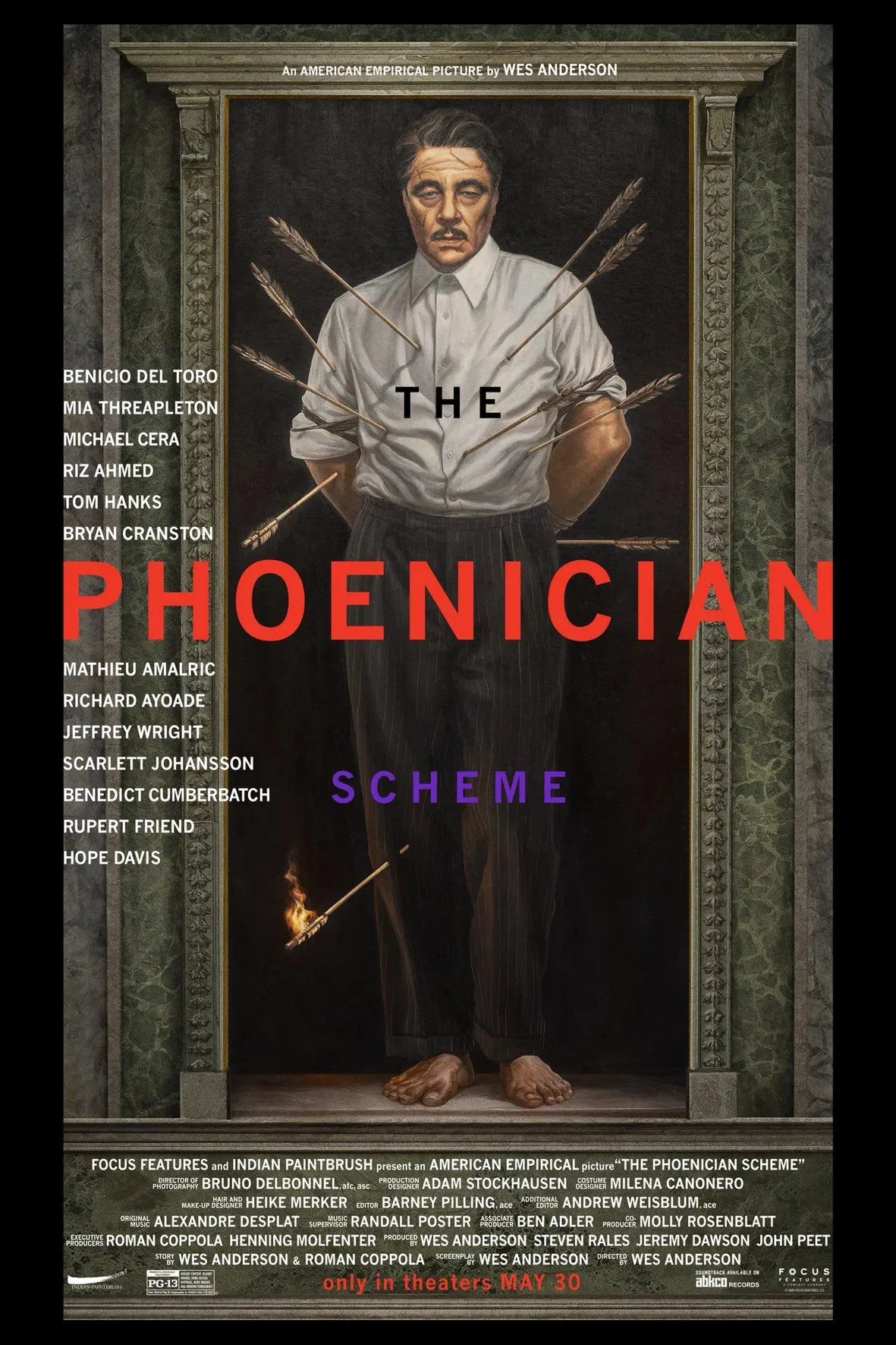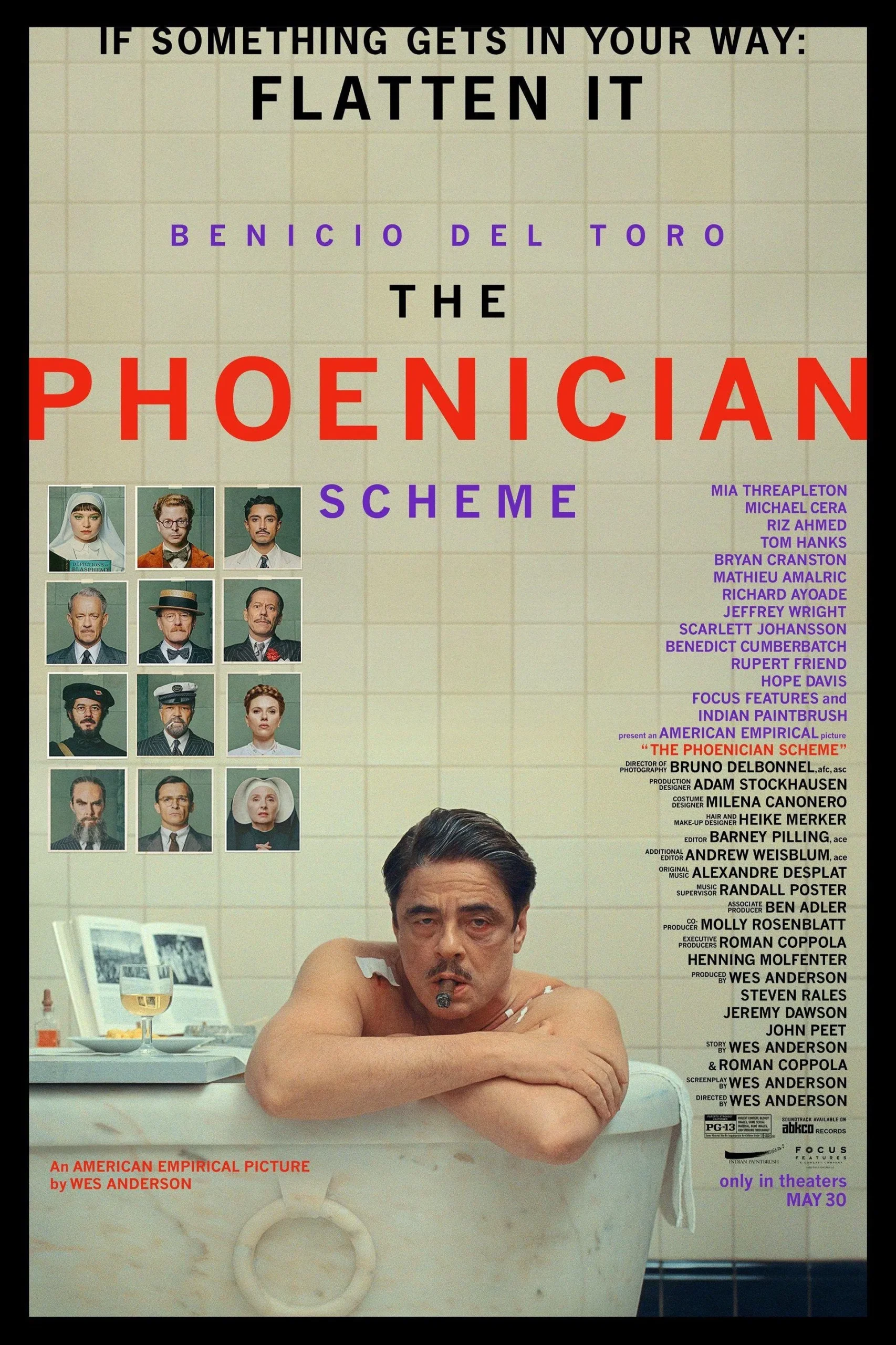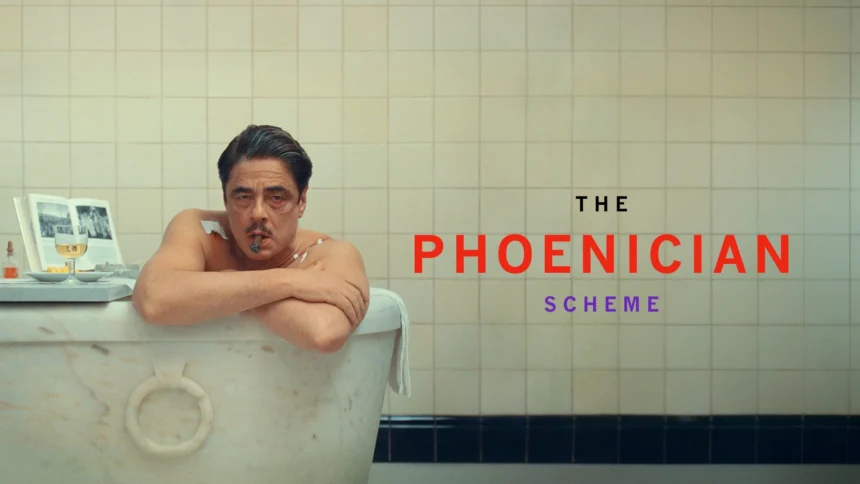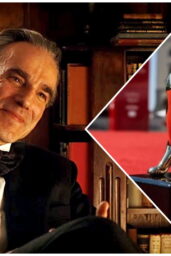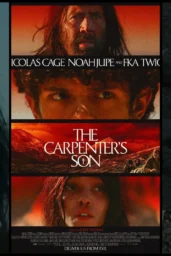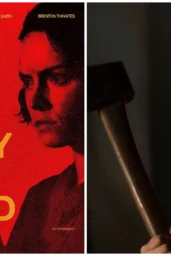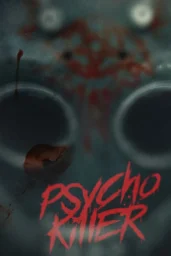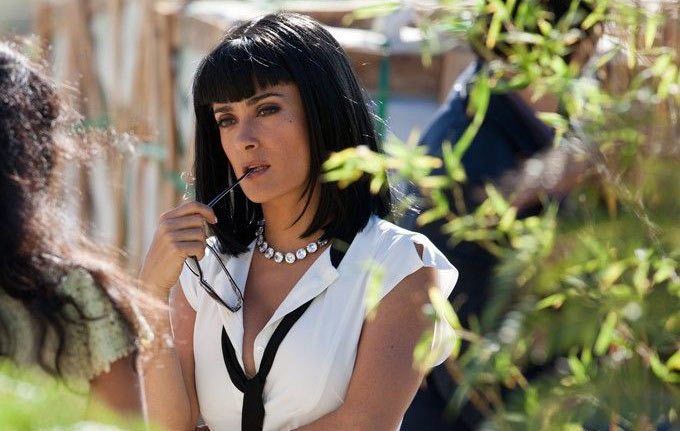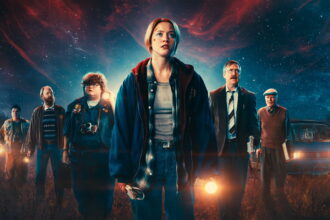A Cinematic Firestorm
Wes Anderson, cinema’s maestro of meticulously crafted quirk, has unleashed The Phoenician Scheme—and it’s like he’s tossed a hand grenade into a room full of film critics. Premiering at the Cannes Film Festival on May 18, 2025, this espionage black comedy is a visual feast so dazzling it could make your eyes throw a party. But here’s the rub: while some critics are toasting it as Anderson’s most profound work yet, others are calling it an emotional ghost town, all style and no soul. The internet’s buzzing, X posts are flying, and Cannes is still recovering. So, what’s got everyone so riled up?
A Tale of Two Takes
Let’s break it down. The Phoenician Scheme is Anderson’s most polarizing film since The French Dispatch (2021), and that’s saying something for a director whose work is practically critic-proof. On one hand, you’ve got the skeptics. IndieWire gave it a B-, labeling it “the least rewarding of Anderson’s films” and arguing its frenetic plot and suffocating scale drown out any emotional heartbeat. The Irish Times went even harder, comparing it to “a museum vase—pretty, pristine, and hollow.” Oof. That’s the kind of review that stings like a paper cut.
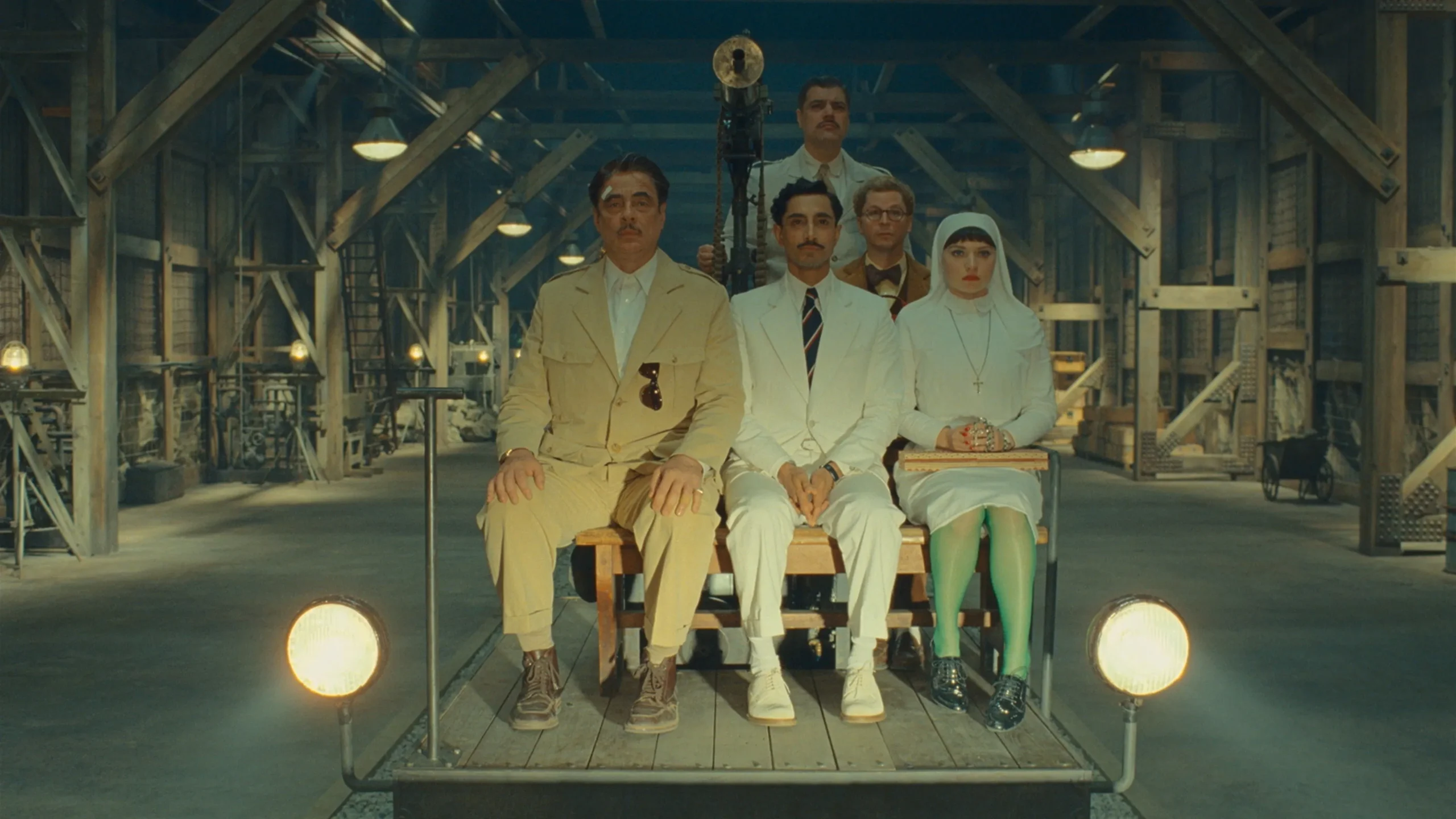
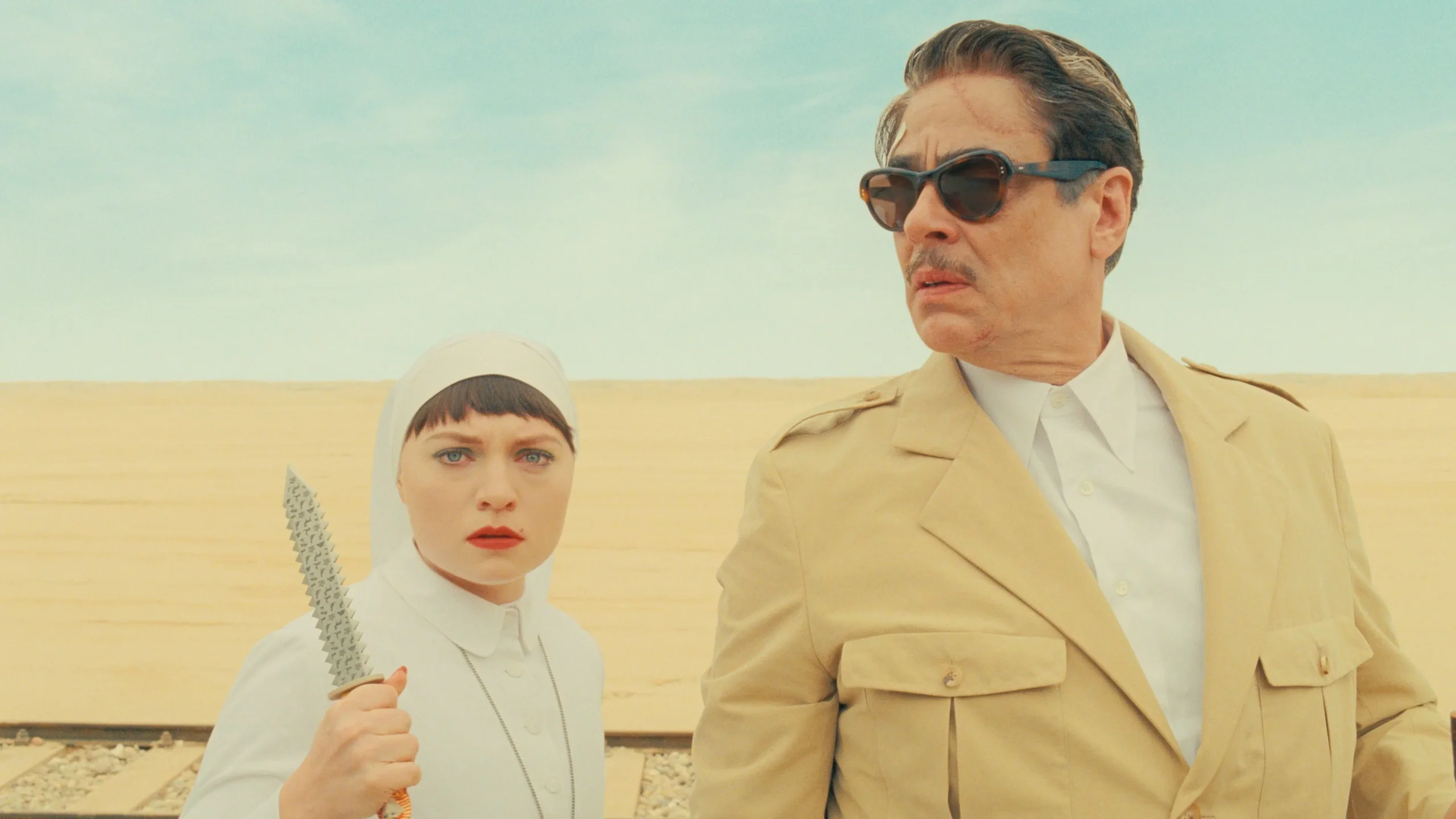
Then there’s the other camp, waving Anderson’s flag high. Variety called it “dense but undeniably enjoyable,” a “moving father-daughter tale” that’s “no less profound” than his best work. They argue it tackles big questions—mortality, legacy, family—while staying true to Anderson’s whimsical DNA. Empire echoed this, praising its “tighter focus” compared to the sprawling Asteroid City (2023). It’s like comparing a Fabergé egg to a Kinder Surprise: both are crafted with insane precision, but one might leave you hungry for more.
Here’s a wild stat: the film’s Rotten Tomatoes score is teetering on the edge of “fresh” versus “rotten,” a rare wobble for Anderson, whose films usually sail into “certified fresh” territory. Released in limited theaters on May 30, 2025, and nationwide on June 6, it’s got a PG-13 rating and a 105-minute runtime—short for Anderson, but packed with enough visual gags to fill a warehouse.
Unpacking the Enigma
To get why critics are so split, let’s dive into the film itself. Set in the imagined Modern Greater Independent Phoenicia circa 1956—a fictionalized nod to 1950s Lebanon—The Phoenician Scheme follows Zsa-zsa Korda (Benicio del Toro), a slick magnate chasing an absurdly complex infrastructure deal. Dragging along his estranged daughter, Sister Liesel (Mia Threapleton), a nun with moral qualms, Korda dodges saboteurs, revolutionaries, and a judgmental deity who looks suspiciously like Bill Murray. It’s a story of family ties, legacy, and the cost of ambition, all filtered through Anderson’s lens of symmetry, satire, and dry wit.
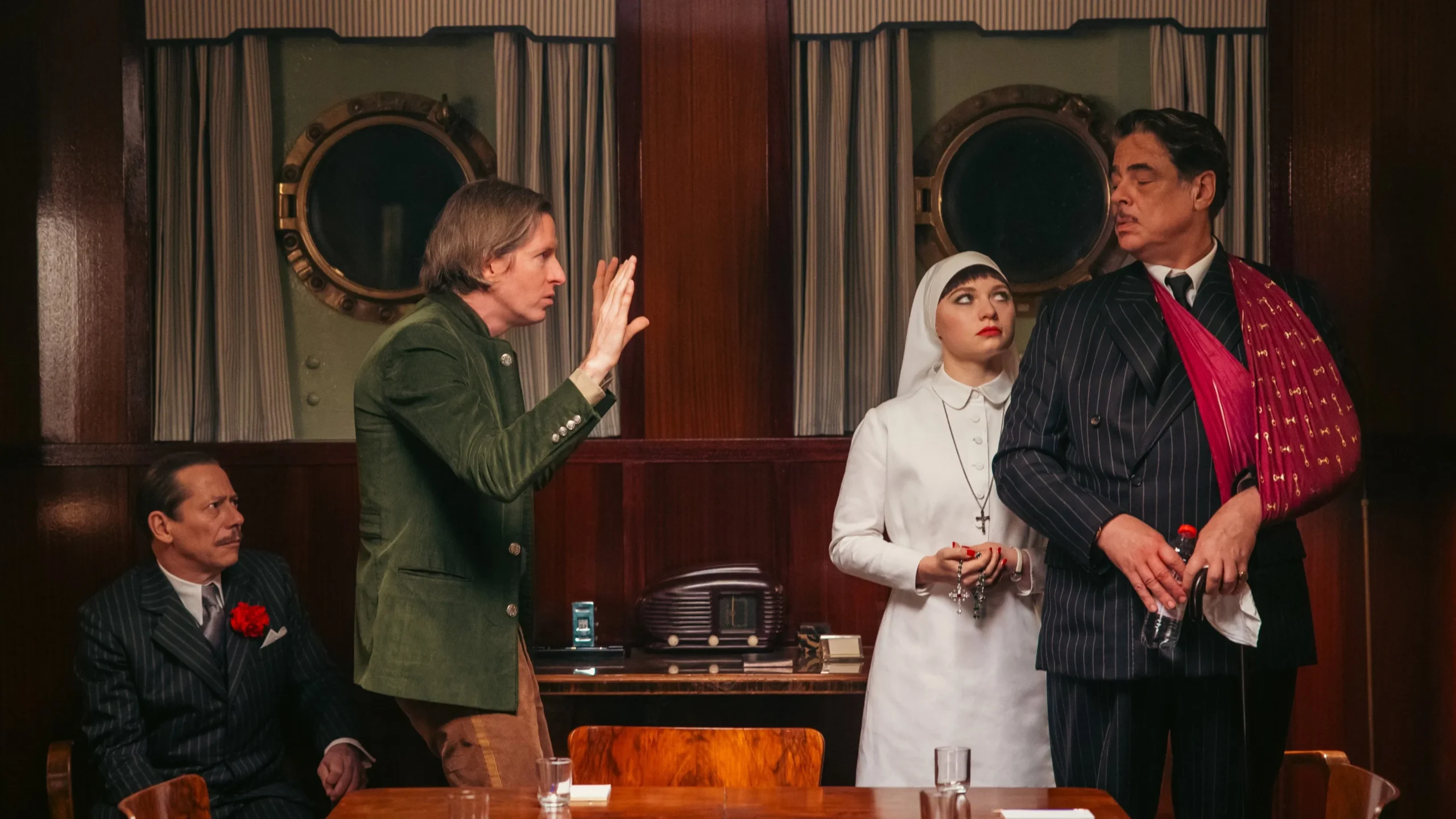
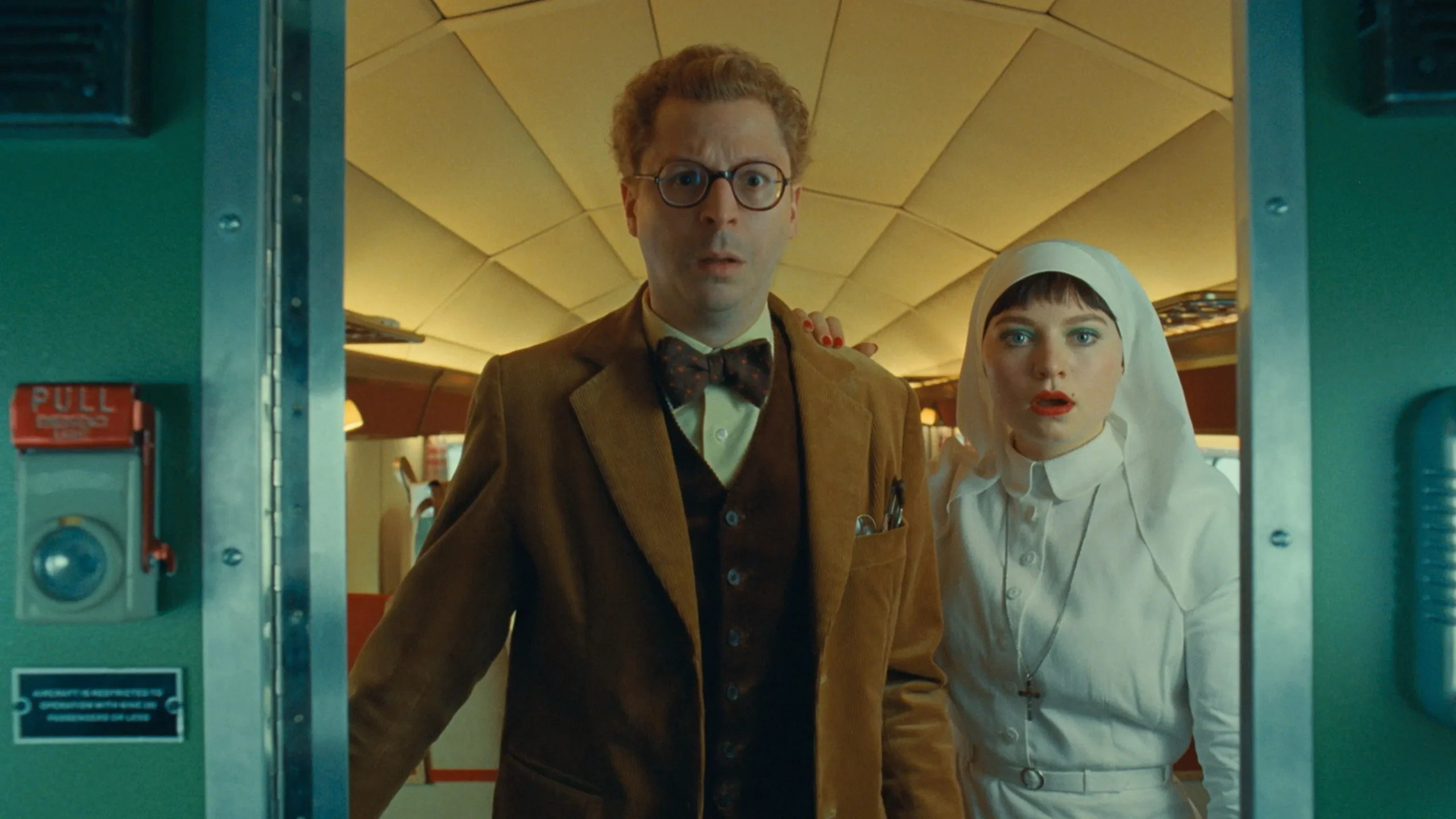
The divide hinges on one question: does the film have an emotional core? The Guardian called it an “enjoyable yet airless ensemble romp,” noting it’s less visually inspired than Anderson’s classics like Moonrise Kingdom (2012). BBC Culture rated it three out of five stars, describing it as “daft but fun” but “slow and talky,” potentially “too random” for audiences not already sold on Anderson’s quirks.
Contrast that with Variety’s take: they see it as a “personal and introspective” return to form, weaving existential themes into a satirical caper. They highlight the father-daughter dynamic between Korda and Liesel as the film’s heart, with del Toro’s softened performance and Threapleton’s razor-sharp debut stealing the show. Empire agrees, noting Threapleton’s Liesel as a moral counterpoint to Korda’s corruption, grounding the film’s zaniness.
The setting adds another layer. Anderson’s invented Phoenicia, with its palatial villas and dusty border towns, is like a history lesson from a parallel universe. It’s a bold move—why stick to reality when you can build a world that’s 100% Anderson? But some critics, like those at IndieWire, argue this ambition overwhelms the story, making it feel like a “museum of human connection” rather than the real thing.
| Review Source | Rating | Key Critique |
|---|---|---|
| IndieWire | B- | “Least rewarding,” too frenetic, lacks emotional depth |
| BBC Culture | ★★★☆☆ | “Daft but fun,” slow, potentially too random |
| The Guardian | N/A | “Enjoyable yet airless,” less inspired than past works |
| Variety | N/A | “Dense but enjoyable,” profound father-daughter tale |
| Empire | N/A | “Tighter focus,” fun and morally grounded |
A Historical Echo
This isn’t the first time Anderson’s faced a critical divide. The French Dispatch (2021) also split audiences, with some praising its anthology structure and others finding it overstuffed. But The Phoenician Scheme feels different—it’s not just about style; it’s Anderson grappling with bigger themes. Imagine if Orson Welles made Citizen Kane but swapped the sled for a crate of hand grenades—that’s the kind of ambition we’re talking here. Anderson’s trying to balance his trademark whimsy with a story about mortality and family, and not everyone’s buying it.
The cast, though, is a universal win. Del Toro, usually brooding, brings a dignified charm to Korda, complete with bespoke suits and slicked-back hair. Threapleton, fresh off I Am Ruth (2022), is a revelation as Liesel, her porcelain-faced nun stealing scenes left and right. Add in cameos from Hanks, Johansson, and Cera, and it’s like Anderson’s throwing a party and everyone’s invited.
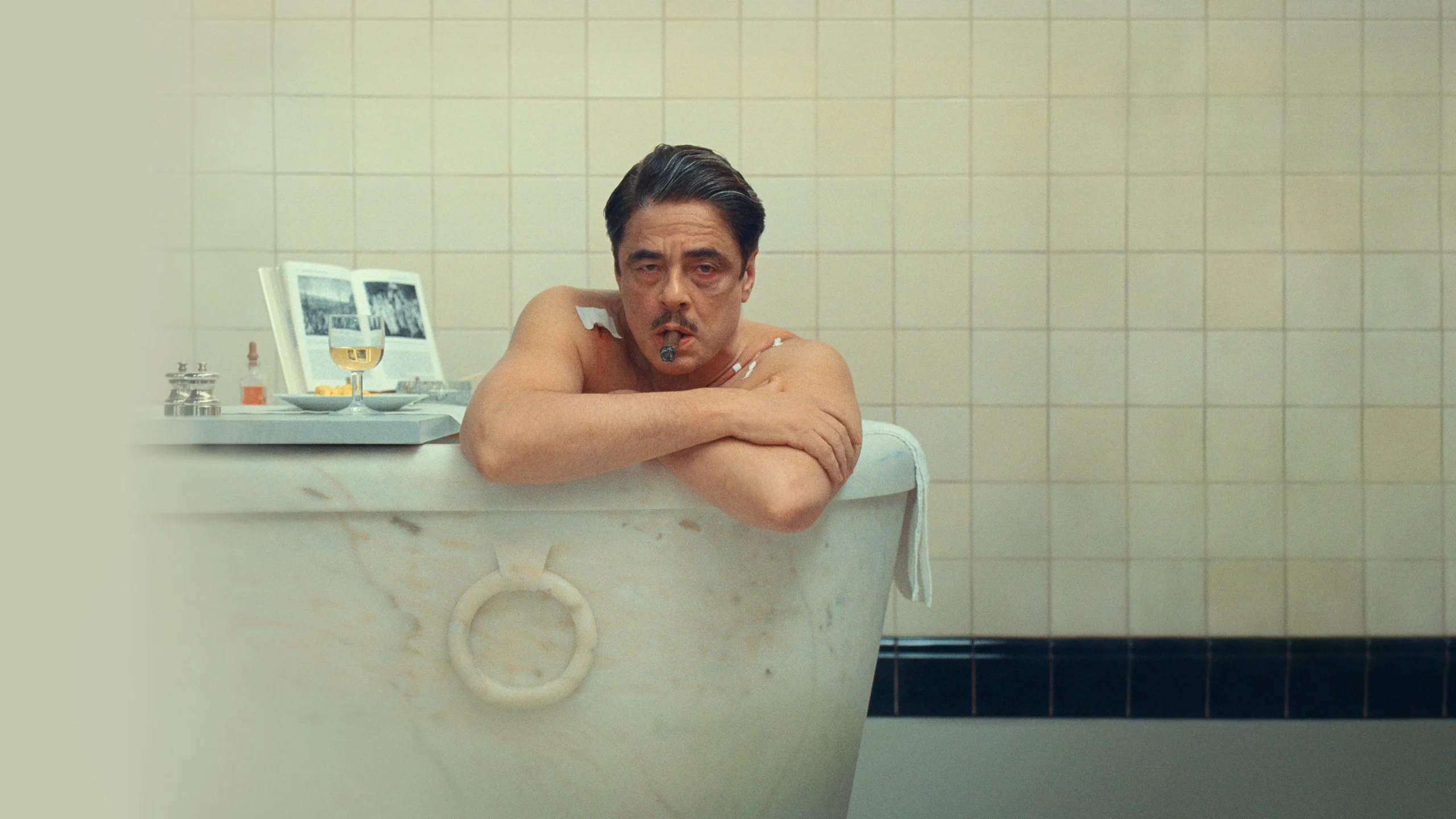
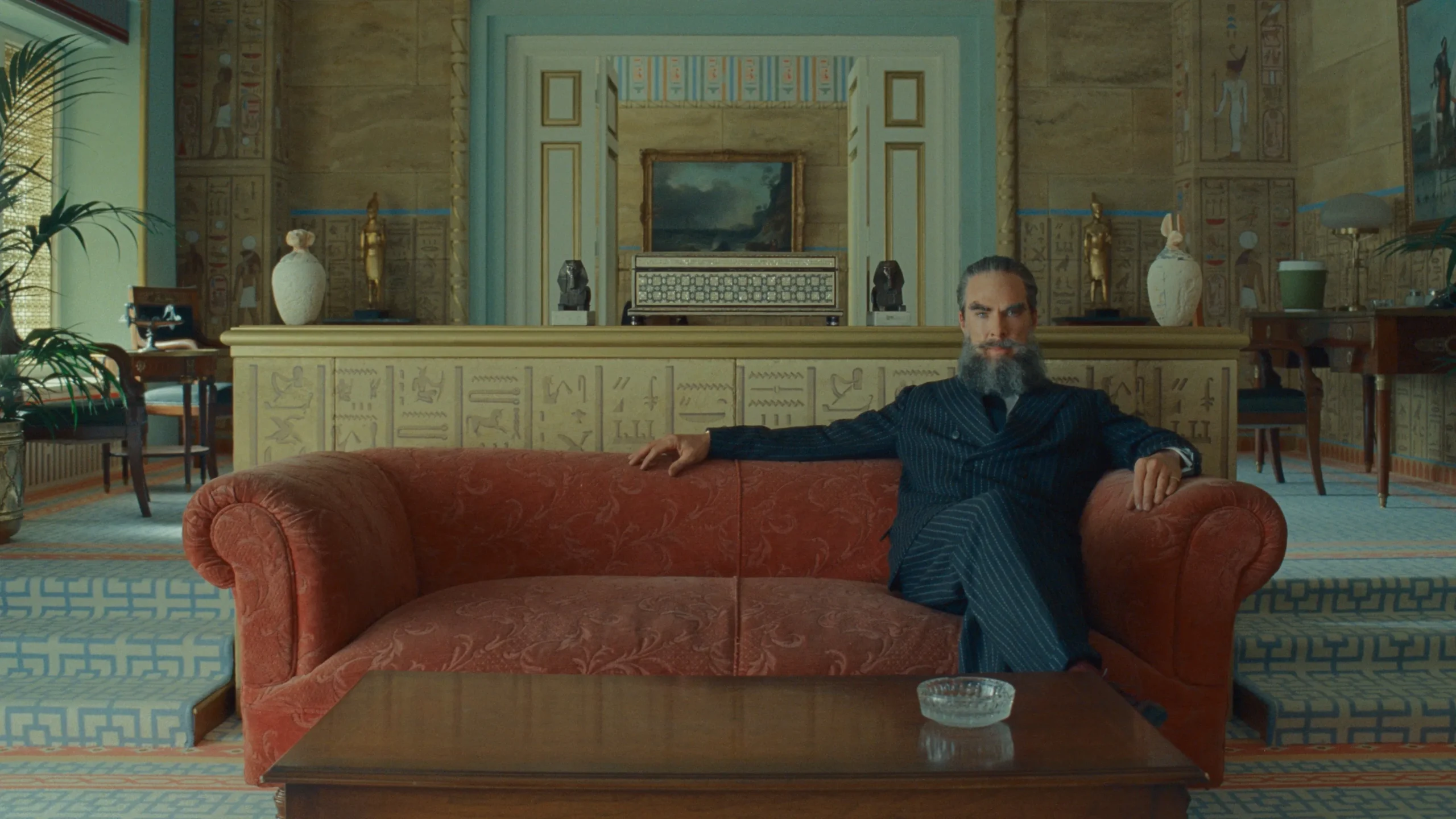
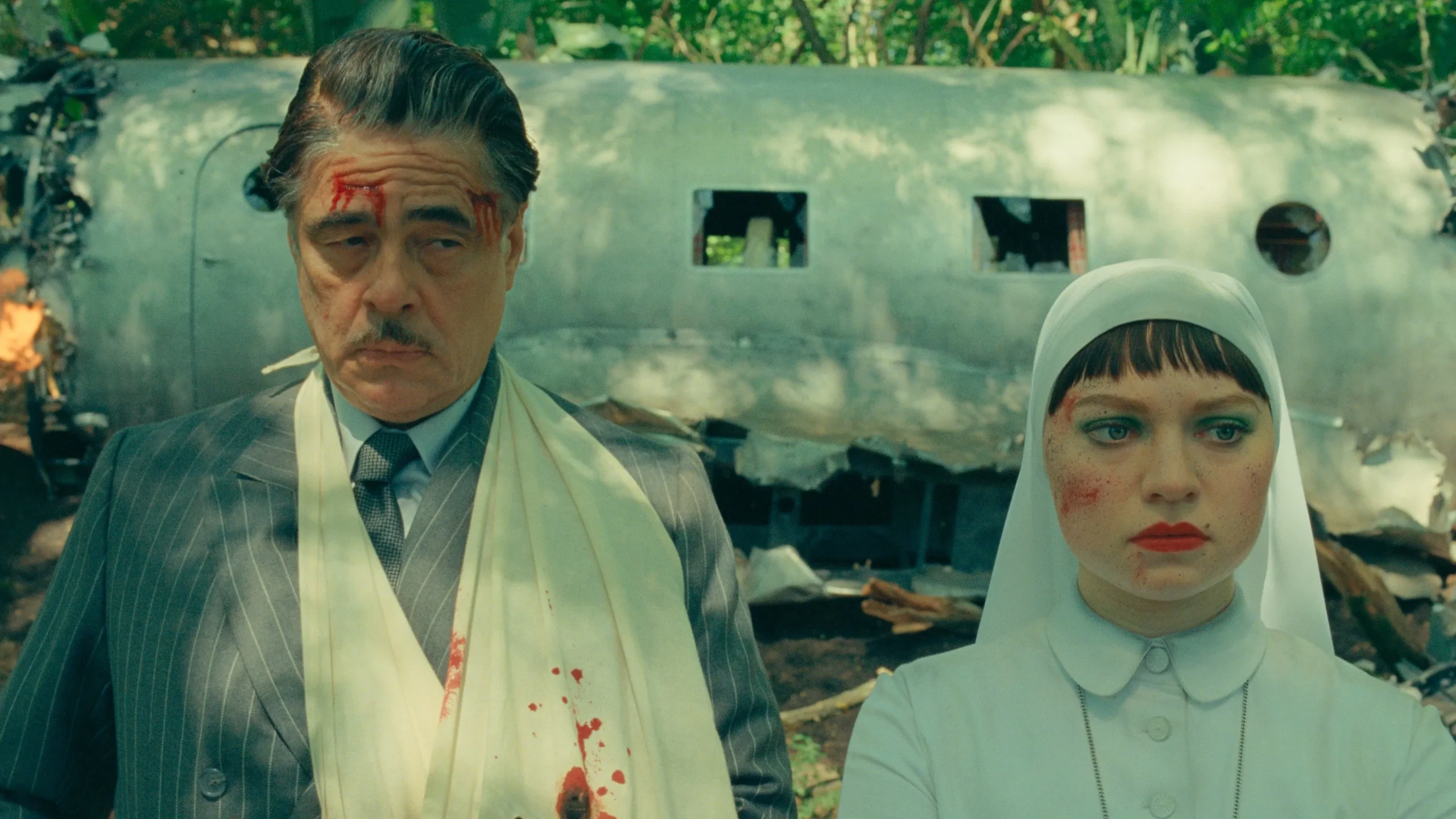
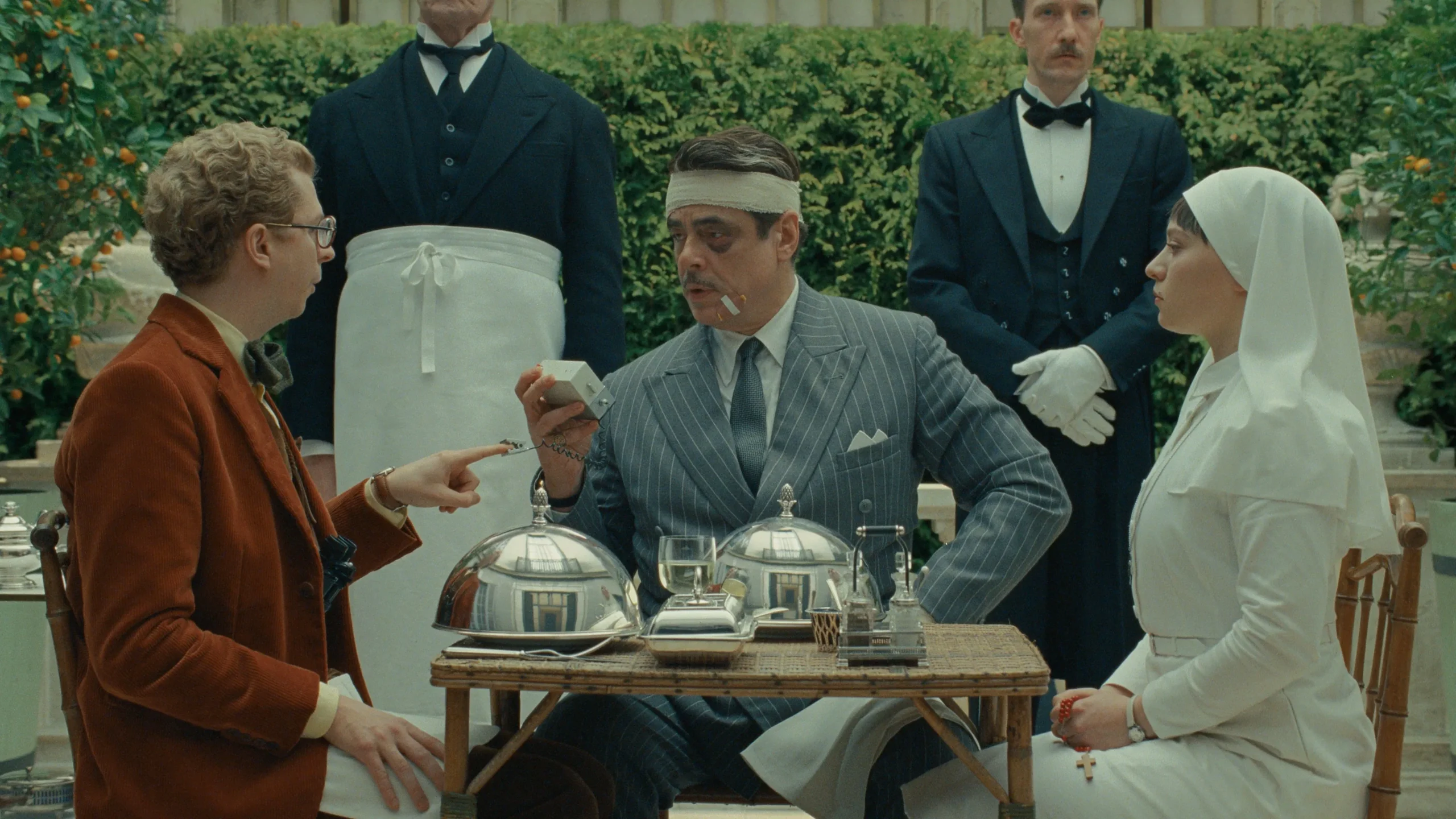
Where Do You Stand?
So, is The Phoenician Scheme Anderson’s masterpiece or his misstep? It’s probably both, depending on who you ask. If you’re here for the visuals—those immaculate frames, those dazzling gags—you’ll leave happy. If you’re chasing the emotional gut-punch of The Royal Tenenbaums (2001), you might feel shortchanged. But one thing’s clear: this film is sparking conversations, and that’s Anderson’s secret weapon.
Here’s the uncomfortable truth: The Phoenician Scheme might be Anderson’s most ambitious film yet. It’s not just about the aesthetics; it’s about what you leave behind—your family, your legacy, your mistakes. Some critics see that depth. Others see a pretty picture with nothing underneath. And that’s what makes it so fascinating.
Go watch it. Argue about it. Love it or hate it, you’ll have something to say. Team “visual feast” or team “emotional famine”? Fight it out in the comments. Or, you know, just pause the film to admire the frames. No judgment. (Okay, maybe a little.)
